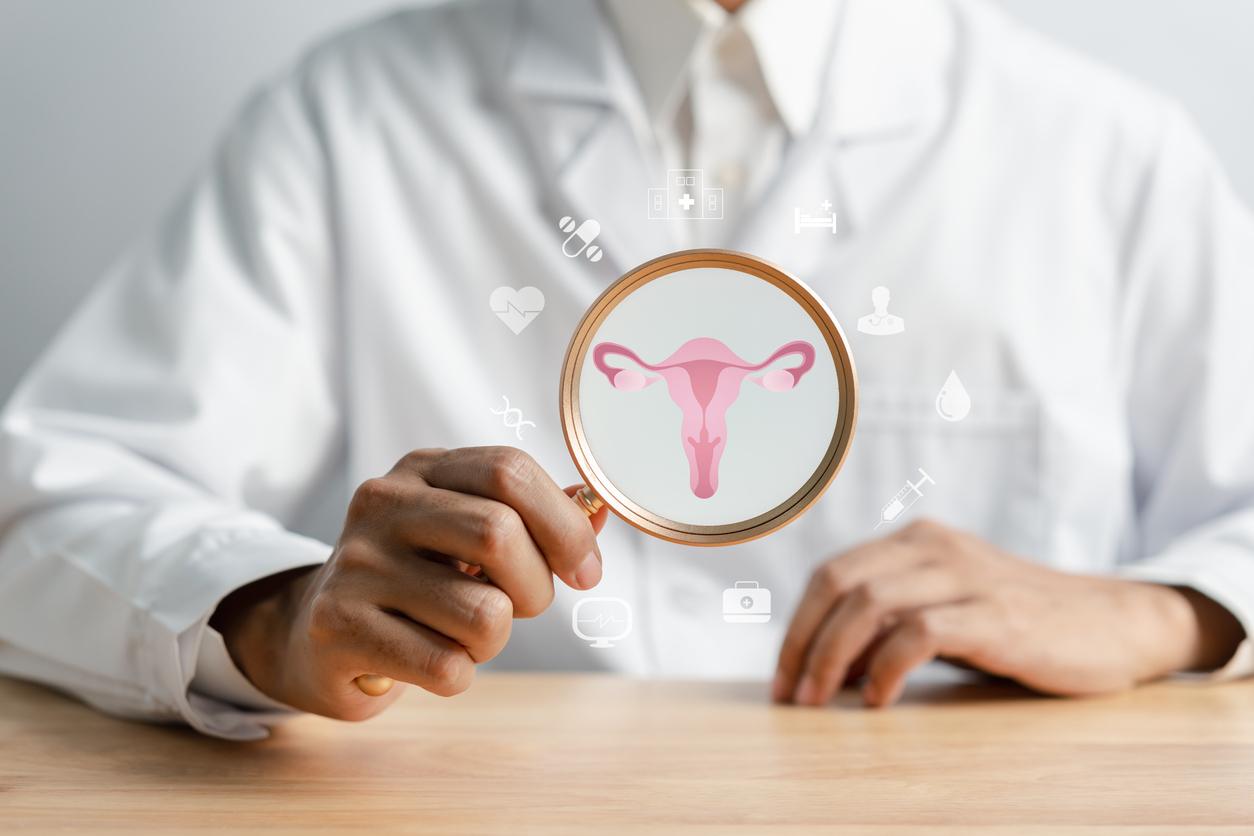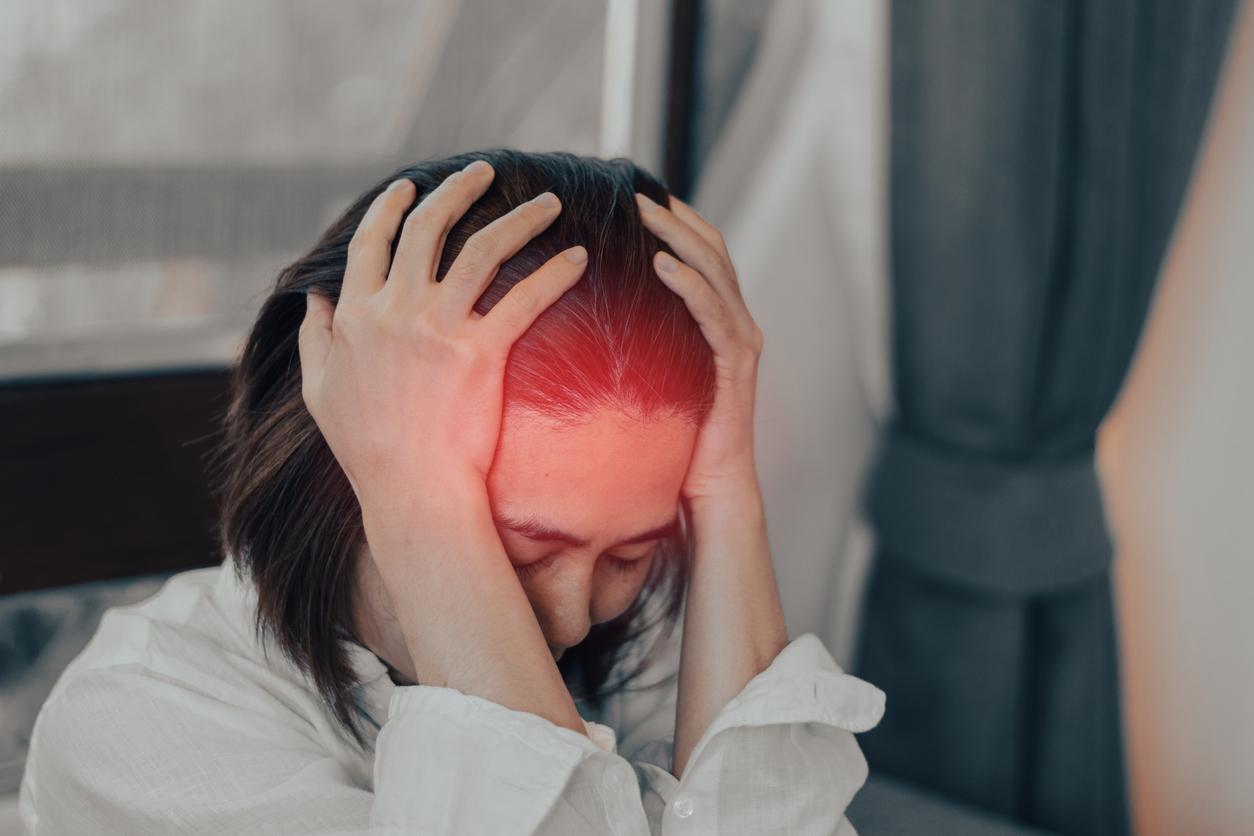Polycystic ovarian syndrome is a hormonal disorder that affects many women. Pourquoi Docteur takes stock of its symptoms.

- Polycystic ovary syndrome is caused by a hormonal disorder and affects many women.
- It is characterized by ovulation disorders, and sometimes acne, excess weight or even hirsutism.
- There is no treatment to cure it.
It is the most common hormonal disease in women of childbearing age and yet it remains little known. Every September 1st is dedicated to raising awareness of polycystic ovary syndrome. According to Inserm, one in ten women suffers from it and it is the leading cause of female infertility.
What is PCOS?
This disorder is caused by a hormonal imbalance.It causes excessive production of androgens, especially testosterone, which are usually produced in small quantities in the female body, explain Inserm. This results in an increase in the level of testosterone in the blood of the women concerned.” This overproduction of male hormones disrupts the ovulation cycle.
What are the symptoms of polycystic ovary syndrome?
Thus, one of the main symptoms of the syndrome is the absence, or rarity, of ovulation. The women affected have irregular cycles, often long (more than 35 days), or even no longer have periods. According to Health Insurance, this ovulation disorder causes infertility in half of the women affected by PCOS.
Excess androgens sometimes trigger hyperandrogenism marked by excess hair, particularly on the face, chest or back. This can also manifest itself as oily and acne-prone skin in adult women. Finally, some people experience hair loss on the scalp and in the frontal gulfs.Some women with PCOS tend to gain a lot of weight and have difficulty losing weight.”observe theHealth insurance. For others, PCOS can manifest as fatigue, anxiety, and sleep disturbances. Regarding these different symptoms, Health Insurance emphasizes that they are ““Very variable from one person to another and are not all felt with the same intensity”. “In some women, SPOK can be particularly disablingthe organization emphasizes. Additionally, not all symptoms are necessarily present, but each of them should nevertheless suggest the diagnosis of PCOS.”
In the longer term, the disease increases the risk of metabolic complications, such as diabetes or cardiovascular diseases, but it also increases the risk of endometrial cancer.

PCOS: what is the treatment?
Currently, there is no treatment for PCOS. Available medications only help to alleviate symptoms. For acne and hirsutism, a birth control pill may be prescribed to reduce androgen production.Some symptoms of PCOS can be reduced by lifestyle changescomplete theWorld Health Organization. A healthy diet and adequate exercise can help reduce weight and the risk of type 2 diabetes.” Symptoms tend to disappear with the onset of menopause.


















